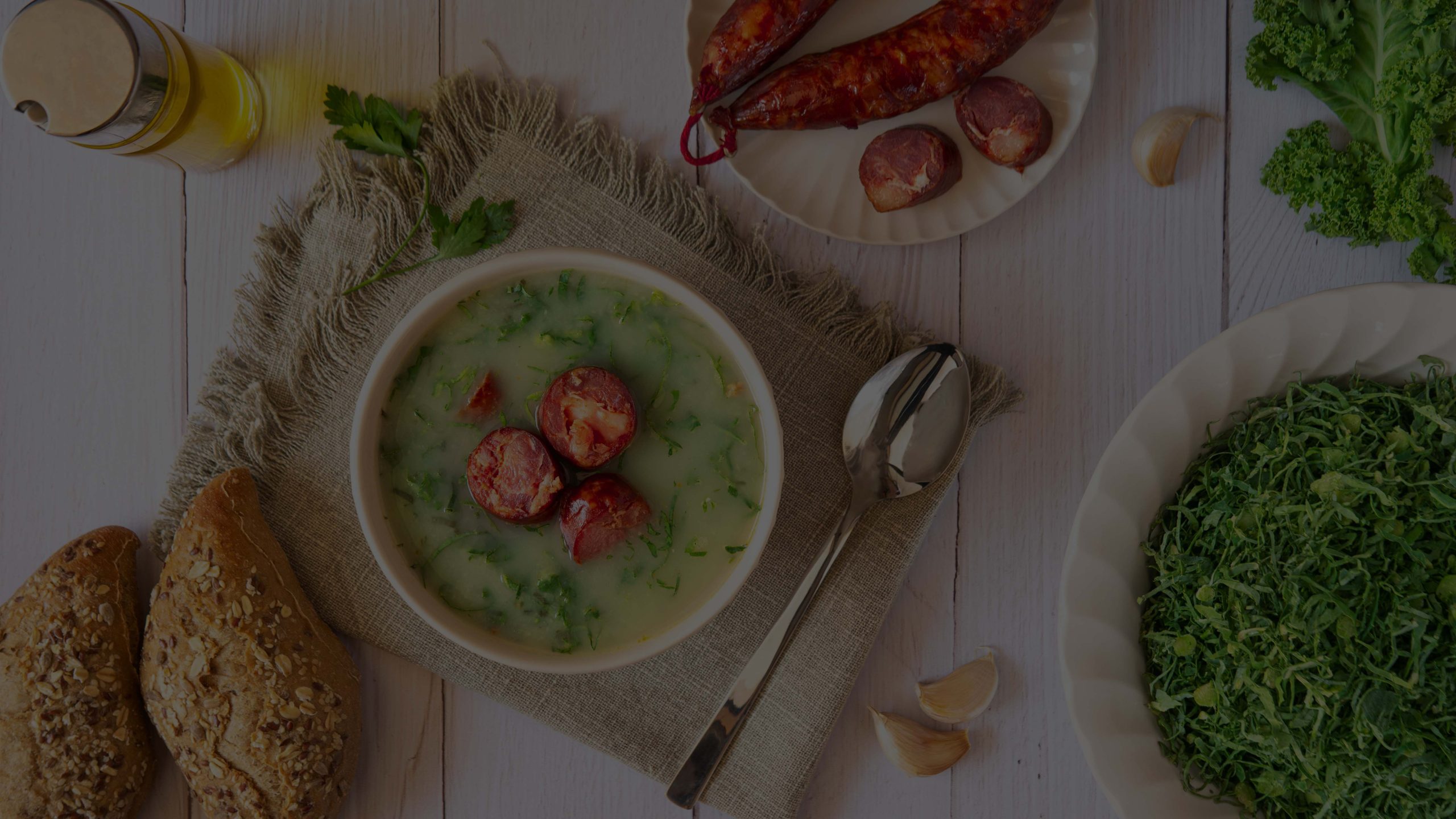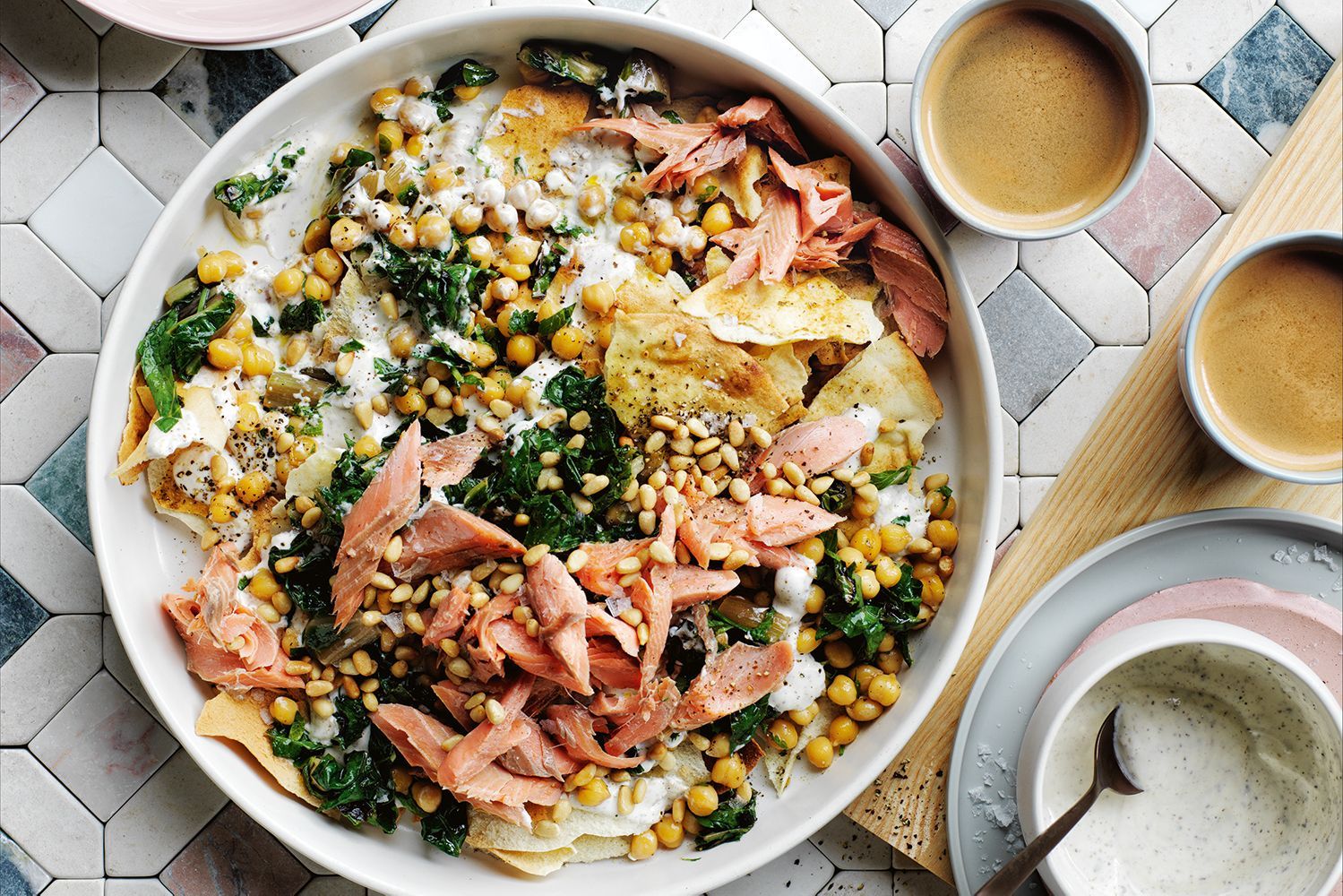
Blog
Discovering the Rich Tapestry of Portuguese Cuisine

Portuguese cuisine is a celebration of bold flavours, rich traditions, and culinary craftsmanship that has been honed over centuries. With its unique blend of Mediterranean influences, Portuguese food offers a diverse array of dishes that delight the senses and tell a story of the country’s rich history and culture. From the coastal seafood treasures to the hearty inland fare, Portuguese cuisine is a journey worth exploring.
The Essence of Portuguese Cuisine
At the heart of Portuguese cooking lies a deep respect for fresh, high-quality ingredients. Simple yet flavorful, traditional recipes often rely on locally sourced produce, fresh seafood, and aromatic spices. This emphasis on quality ingredients results in dishes that are both comforting and deeply satisfying.
Key Ingredients
- Seafood: Given Portugal’s extensive coastline, seafood is a staple in Portuguese cuisine. Dishes like Bacalhau (salted cod), grilled sardines, and Caldeirada (fish stew) showcase the country’s maritime bounty.
- Olive Oil: Often referred to as “liquid gold,” olive oil is a fundamental ingredient in Portuguese cooking. It’s used in everything from dressings and marinades to cooking and drizzling over finished dishes.
- Garlic and Onions: These aromatics form the base of many Portuguese dishes, adding depth and flavor to soups, stews, and sauces.
- Herbs and Spices: Bay leaves, parsley, cilantro, and paprika are commonly used to enhance the flavor profile of Portuguese dishes.
Signature Dishes
Bacalhau à Brás
Bacalhau à Brás is one of Portugal’s most beloved dishes. Made with shredded salt cod, onions, finely chopped potatoes, eggs, and parsley, it’s a comforting and flavourful meal that epitomizes Portuguese home cooking. Each bite offers a harmonious blend of textures and flavors, making it a favorite for both locals and visitors.
Caldo Verde
Caldo Verde, or “green soup,” is a traditional Portuguese soup made with kale, potatoes, chorizo, and olive oil. It’s a simple yet hearty dish that’s often enjoyed as a starter or a light meal. The vibrant green color and rich, savory flavor make Caldo Verde a staple in Portuguese households, especially during the cooler months.
Pastéis de Nata
No exploration of Portuguese cuisine would be complete without mentioning Pastéis de Nata. These iconic custard tarts feature a creamy, sweet filling encased in a crisp, flaky pastry. Often enjoyed with a sprinkle of cinnamon and a cup of coffee, Pastéis de Nata are a beloved treat that highlights Portugal’s rich baking tradition.
The Influence of History and Culture
Portuguese cuisine is a reflection of the country’s diverse history and cultural influences. During the Age of Exploration, Portuguese explorers brought back spices and ingredients from their voyages, which were then integrated into the local cuisine. This period saw the introduction of items like piri-piri peppers, cinnamon, and cumin, which continue to play a significant role in Portuguese cooking.
The country’s regional diversity also contributes to its rich culinary tapestry. Coastal regions are known for their seafood dishes, while inland areas favor hearty stews and meat dishes. Each region has its own specialties and traditional recipes, making Portuguese cuisine wonderfully varied and deeply rooted in local culture.
Cooking Portuguese Food at Home
Bringing the flavors of Portugal into your own kitchen can be a delightful and rewarding experience. Here are a few tips to get started:
- Start with the Basics: Familiarize yourself with key ingredients like olive oil, garlic, onions, and fresh herbs. These form the foundation of many Portuguese dishes.
- Explore Seafood: Try your hand at preparing seafood dishes like Bacalhau à Brás or grilled sardines. Fresh, high-quality fish is essential for authentic flavor.
- Experiment with Spices: Incorporate spices like paprika, piri-piri, and cinnamon into your cooking to capture the unique flavor profile of Portuguese cuisine.
- Bake Some Treats: Attempt baking Pastéis de Nata at home. While it might be challenging, the result is a delicious and authentic Portuguese dessert that’s sure to impress.
Conclusion
Portuguese cuisine is a vibrant and flavorful journey that offers something for everyone. Whether you’re savoring a hearty bowl of Caldo Verde, indulging in a sweet Pastel de Nata, or exploring the diverse seafood offerings, each dish tells a story of Portugal’s rich culinary heritage. By embracing these flavors and traditions, you can bring a taste of Portugal into your own home and experience the joy of this beloved cuisine.